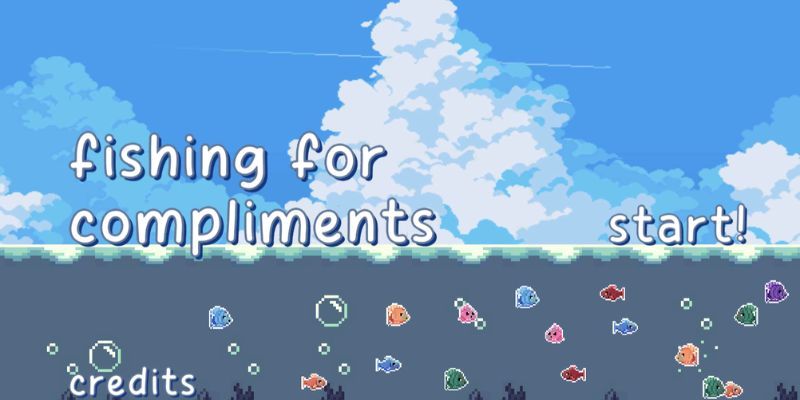“Fishing for compliments” is a common phrase in English, referring to the act of intentionally doing or saying something to receive praise from others. This phenomenon is often seen in daily communication but is not always well-regarded. In this article, bingo Jilibee will help you explore this concept in detail, as well as how to apply it in life.
Introduction to the concept of fishing for compliments
“Fishing for” is a term used to describe someone’s action of deliberately suggesting or implying to receive compliments from others. Instead of waiting for natural praise, those who engage in this behavior often intentionally ask questions or comment about themselves to attract attention and praise. This is a common psychological behavior that many people may engage in without realizing it.

The main purpose of fishing compliments is to satisfy the need for self-confidence or a sense of pride in oneself. Participants often want to receive confirmation from others about their appearance, abilities, or achievements. This can stem from a lack of confidence or a need for recognition and affection in a social environment.
However, if this action is repeated, fishing for compliments can lead to annoyance or discomfort for others. People around may feel forced to give compliments, even when they don’t feel it’s entirely necessary. Therefore, understanding and considering this behavior is important to maintain healthy and honest social relationships.
Why do people fish compliments?
There are various reasons why people tend to fish for compliments, ranging from psychological needs to the desire for recognition. Here are three main causes of this behavior:
Boosting self-confidence
Some people seek compliments by fishing for compliments to reinforce their self-confidence. When they feel uncertain about themselves, receiving praise from others can help them feel better and more confident in social situations.

Affirming self-worth
Attracting attention is one of the main reasons many people use the fishing compliments tactic. They often tend to create situations or words to receive attention from others.
Hinting to receive compliments
Some people deliberately hint at their achievements, appearance, or skills to provoke attention. They hope that others will notice and praise these things, thereby making them feel proud and important in the eyes of others.
See more: https://jilibee.org.ph/zeus-slots-game/
Creating a sense of being cared for
When not receiving the desired attention, they may try to create situations that make others care or praise them. This helps them feel valued and important in a social environment, meeting the need to feel significant and confident.
How to deal with fishing for compliments in communication
When encountering fishing compliments behavior in communication, handling it tactfully and skillfully is very important to maintain good relationships. Here are some ways you can apply:
- Respond sincerely if you feel the compliment is deserved, give a sincere response without making the other person feel uncomfortable. However, if you don’t feel it’s necessary to praise, you can give a neutral response or gently redirect the conversation.
- Fishing for compliments redirect the conversation when you notice the person opposite is deliberately seeking compliments, you can change the topic to another subject to avoid having to give reluctant praise. This helps keep the conversation more natural without creating a sense of being forced.
- Ask encouraging questions Instead of direct praise, you can ask encouraging questions to let the other person affirm their own value. For example, ask about the process they went through to achieve good results. This helps them feel more confident without needing direct praise from you.

Conclusion
Understanding fishing for compliments not only helps you avoid unnecessary communication situations but also improves your communication skills and builds better relationships. At Jilibee gaming portal, we encourage sincerity and respect in all relationships. Apply this knowledge to your daily life to create a healthy and positive communication environment.

